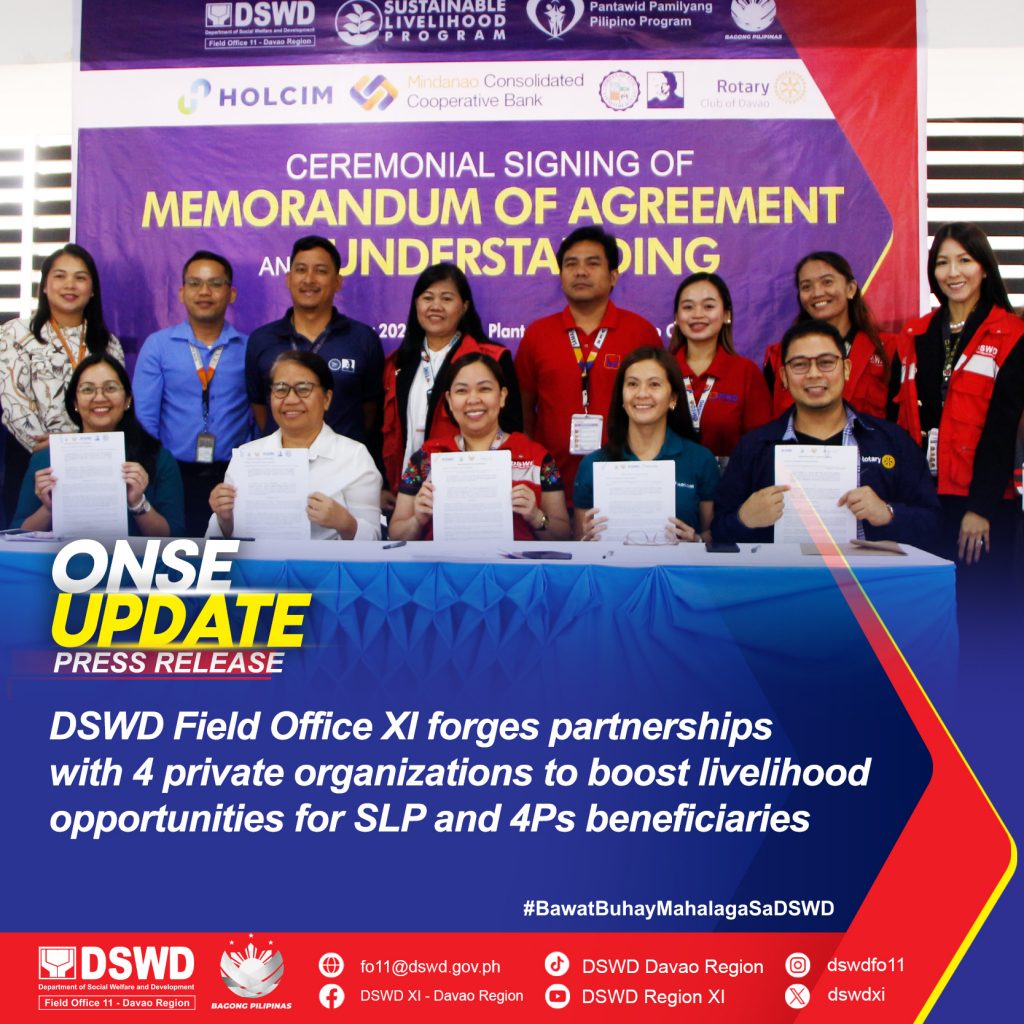
In a robust initiative to enhance economic resilience and self-sufficiency among low-income communities, the Department of Social Welfare and Development (DSWD) Field Office XI, through its Sustainable Livelihood Program (SLP), recently formalized partnerships with four notable private organizations. The ceremonial signing of the Memorandum of Agreement and Understanding (MOA/MOU) was held on November 8 at Holcim Bunawan, Davao City, and marked the beginning of collaborative efforts with Holcim Philippines, Mindanao Consolidated Cooperative Bank, Ateneo de Davao University, and the Rotary Club of Davao.
The initiative aims to connect SLP and Pantawid Pamilyang Pilipino Program (4Ps) beneficiaries with essential resources, networks, and skills to achieve long-term economic stability. These strategic partnerships bring together public, academic, and corporate expertise to create a holistic support ecosystem, enhancing beneficiaries’ access to sustainable markets, relevant skills training, and opportunities for growth. By combining forces, DSWD and its partners are working to elevate these communities’ economic resilience and self-sufficiency.
A Commitment to Community Development and Social Impact
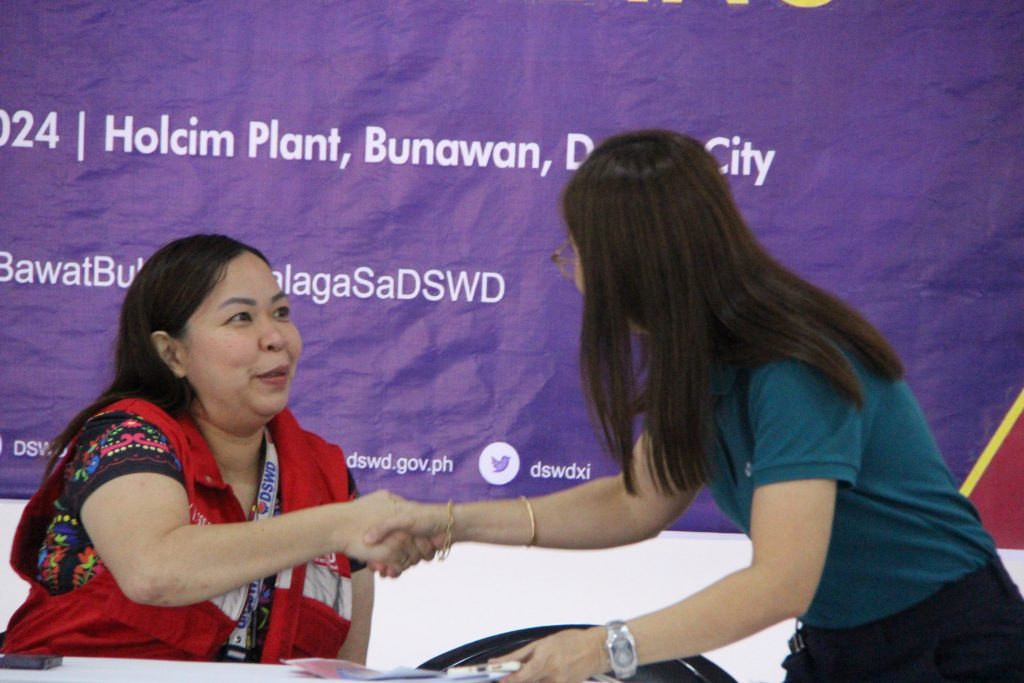
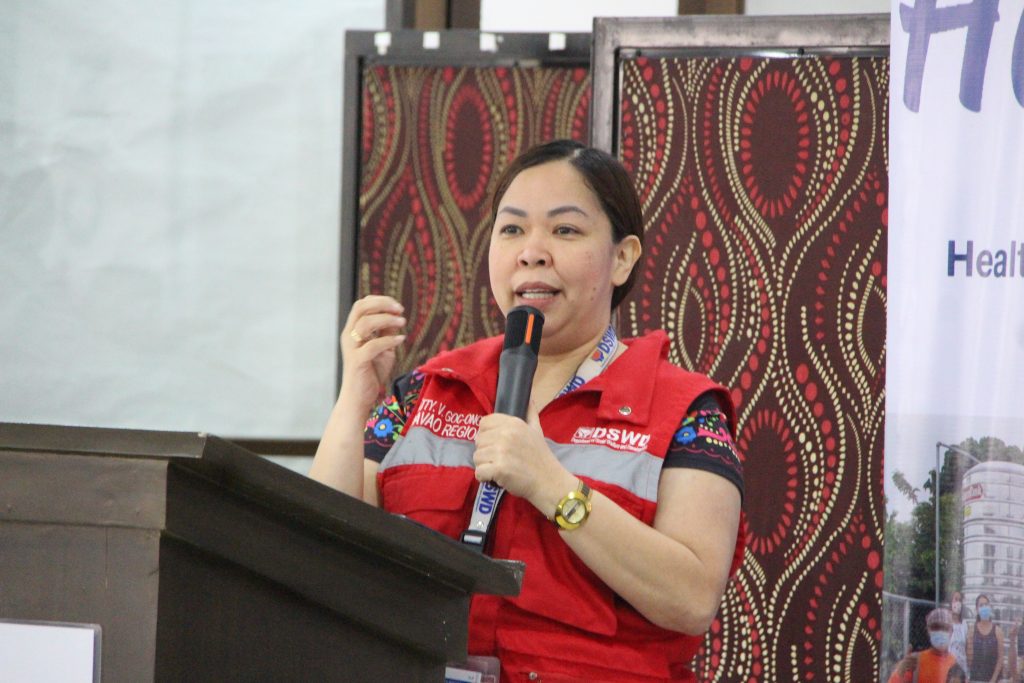
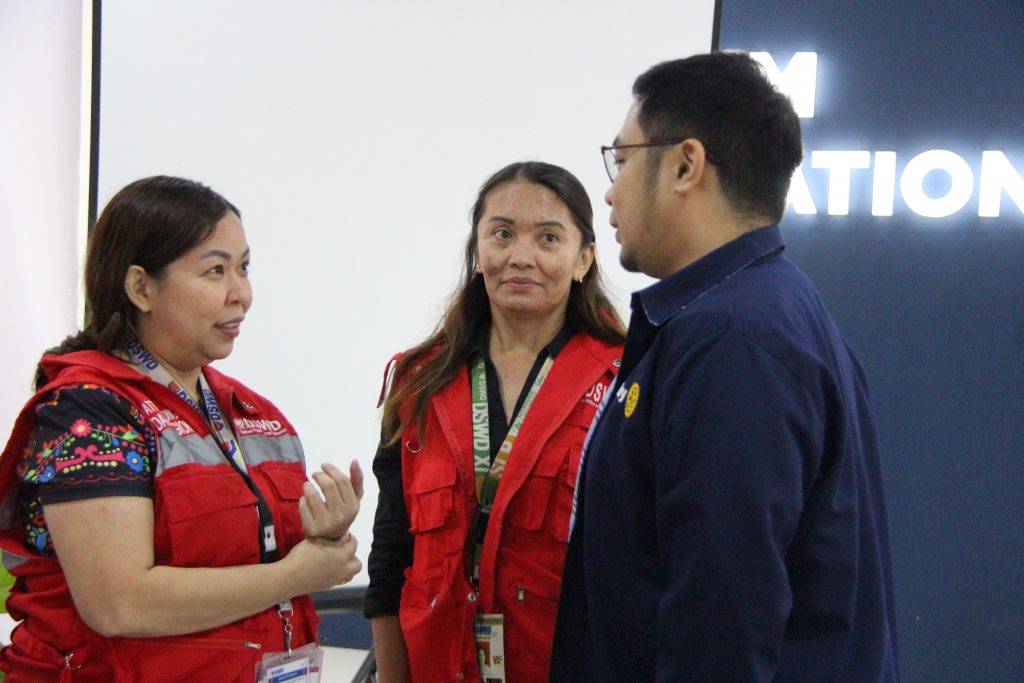
DSWD XI Regional Director Atty. Vanessa B. Goc-ong personally attended the signing ceremony to express her appreciation for the commitment shown by the partner organizations. She emphasized the critical importance of strategic partnerships in driving community development and resilience, noting, “By aligning Corporate Social Responsibility initiatives with measurable social impact, this partnership brings value beyond branding, allowing each of us to make a lasting difference. Together, with academic institutions and private organizations, we are building strong market linkages and support networks that are essential to the long-term success and resilience of our communities.”
These partnerships are more than symbolic; they represent a collective vision to uplift underprivileged communities and drive sustainable change by connecting SLP beneficiaries with long-term resources. Partner organizations will have access to community insights and data on social needs, enabling them to align their CSR initiatives with impactful, measurable results. This access to ground-level information not only enhances their CSR strategies but also helps establish a meaningful footprint in community development.
Reciprocal Benefits and Opportunities for Partner Organizations
For partner organizations, this collaboration offers unique opportunities beyond traditional CSR initiatives. With DSWD’s support, corporate and academic entities can participate in roundtable discussions, research projects, and pilot initiatives that test new sustainable business models and innovative solutions. Holcim Philippines, for instance, will bring expertise in sustainable construction, while Ateneo de Davao University can leverage its academic resources to provide training, research, and market insights to benefit the SLP community.
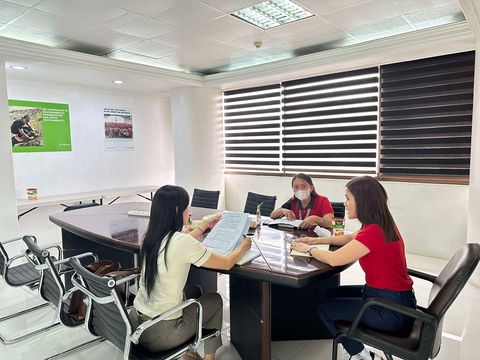
The partnership framework includes potential collaborations on joint research projects, forums, and public recognitions, where partners are acknowledged for their contributions and are encouraged to share knowledge with other institutions. These interactions foster a culture of innovation and collaboration that is beneficial to all stakeholders, creating an environment where ideas can be shared and strengthened, ultimately contributing to the broader mission of community upliftment and economic empowerment.
Building Market Linkages and Skills for Long-Term Impact
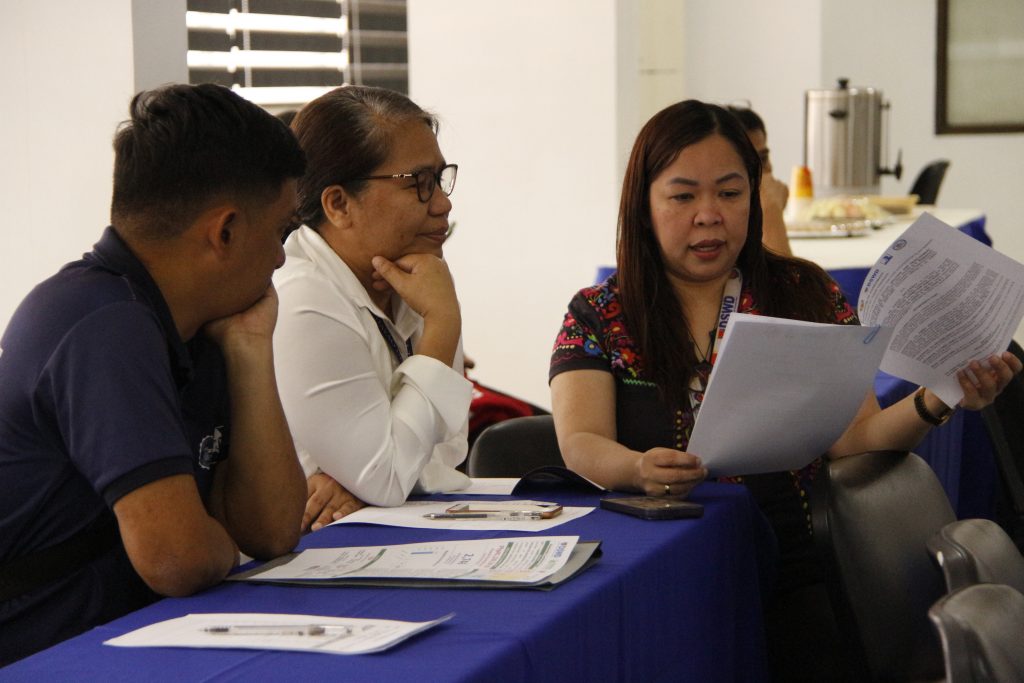
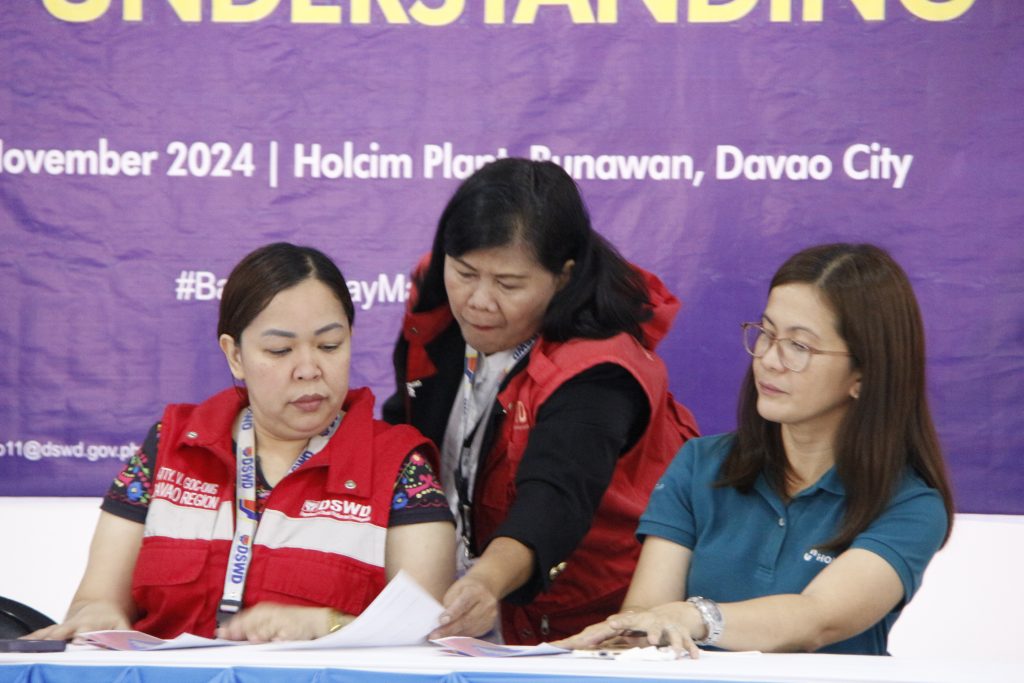

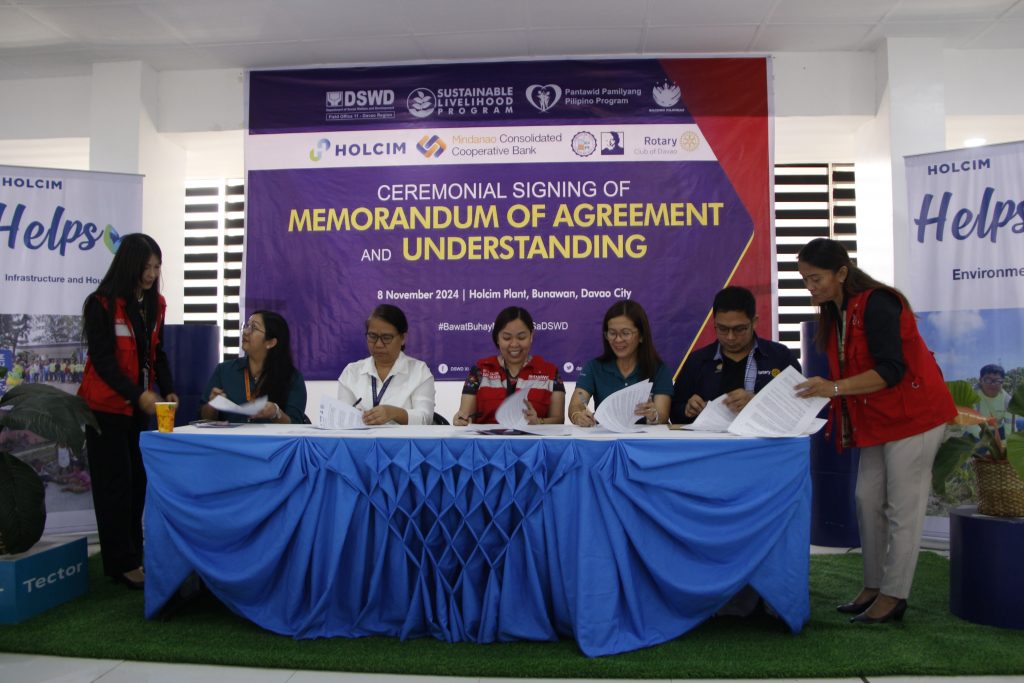
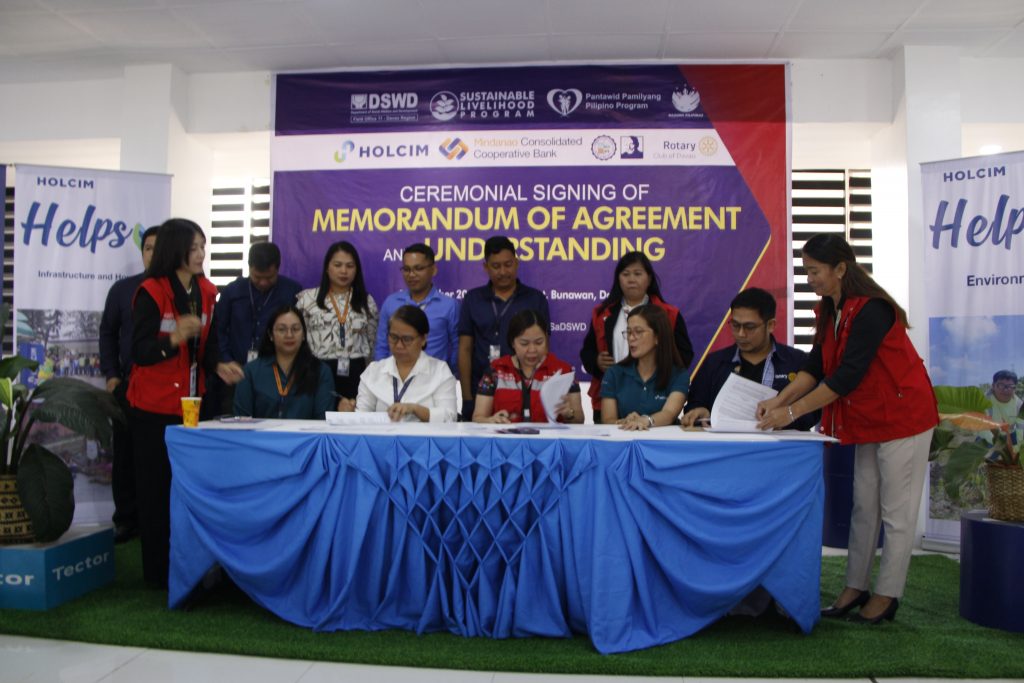
One of the primary focuses of the partnership is establishing strong market linkages to secure the long-term success of SLP beneficiaries. Access to reliable markets is essential to ensuring that SLP program participants can sustain their livelihood projects. The involvement of private and academic partners in the support ecosystem will provide SLP communities with access to stable, sustainable markets and vital skills development opportunities, aligning with the SLP’s five-year sustainability plan.
With these partnerships, SLP beneficiaries will have access to expanded skill-building programs, entrepreneurship training, and pathways to potential job placements in relevant industries. The Rotary Club of Davao and Mindanao Consolidated Cooperative Bank, for example, are committed to providing mentorship, financial literacy, and market access programs that can equip beneficiaries with tools to run sustainable enterprises.
Holcim Philippines, as a corporate partner, aims to share its expertise in sustainable construction practices, potentially opening up opportunities for beneficiaries in related industries. Ateneo de Davao University’s involvement adds an academic dimension, allowing beneficiaries to benefit from research-backed training programs and market insights, ensuring that they have the foundational knowledge to make informed decisions about their livelihoods.
A Shared Vision for Sustainable Growth and Economic Independence
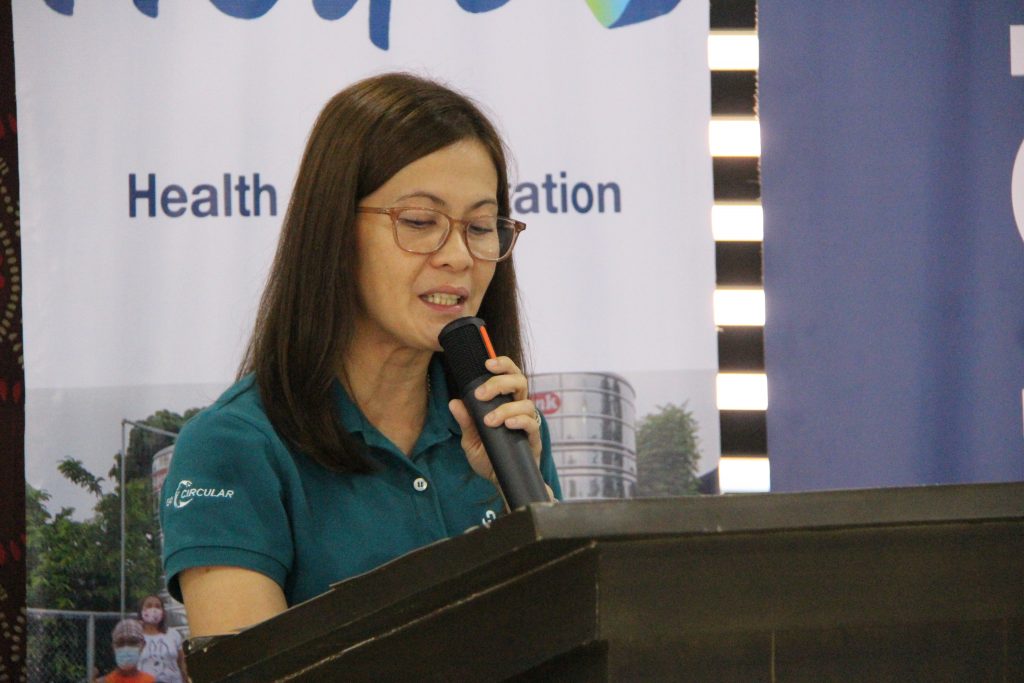
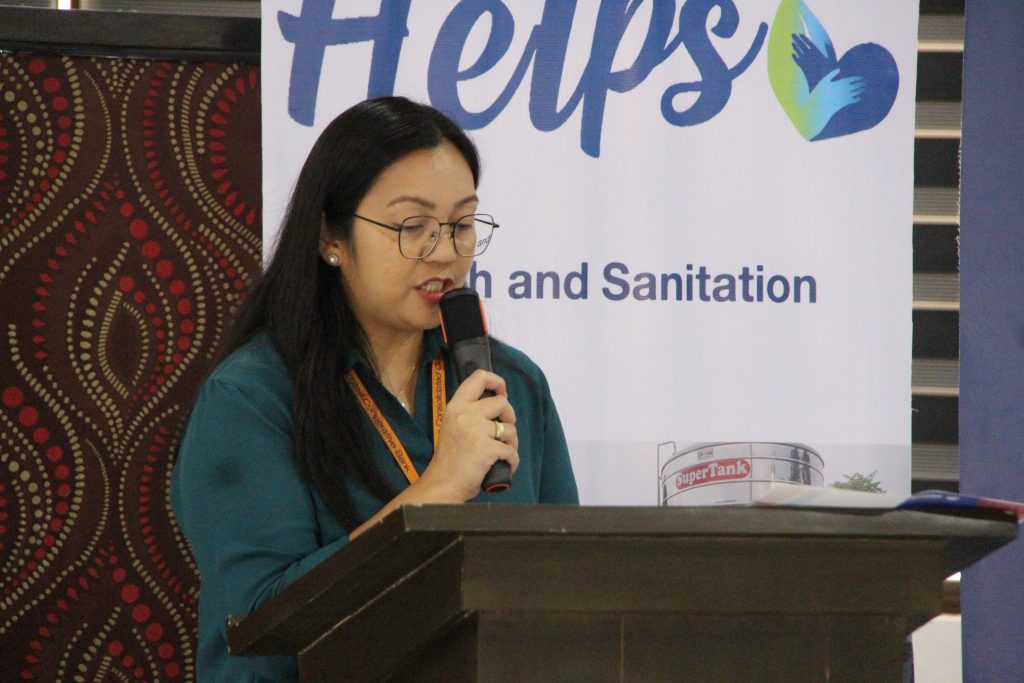
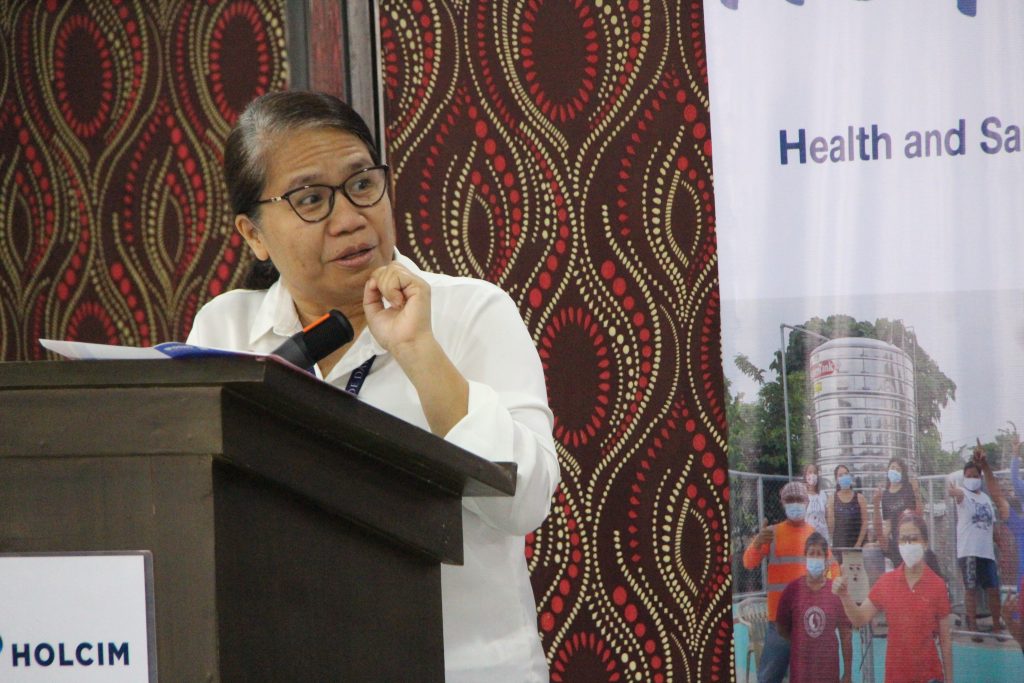
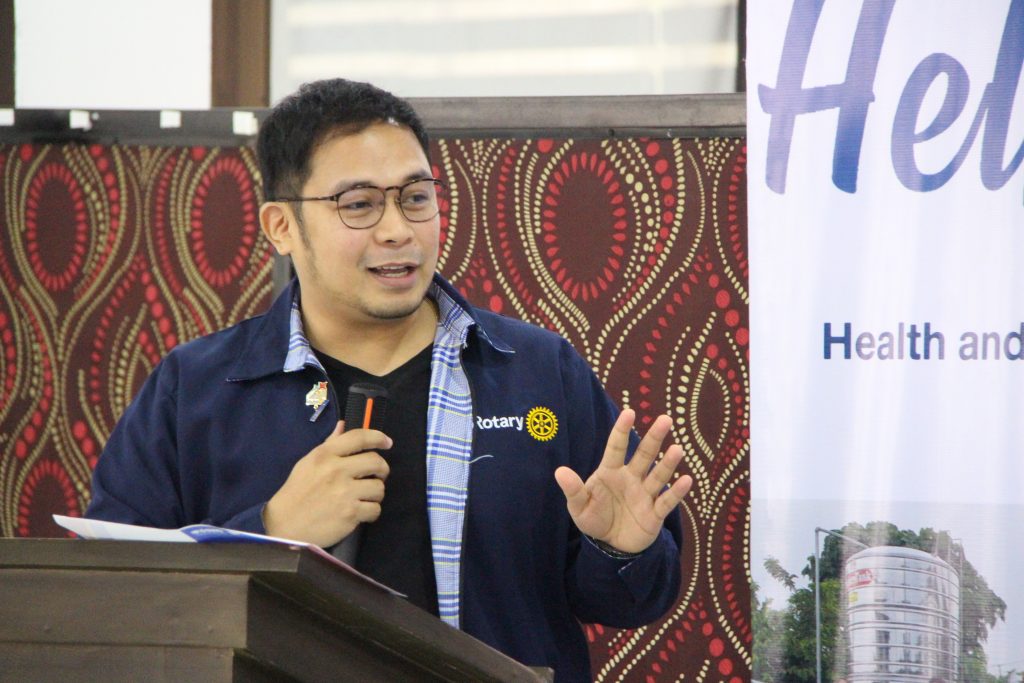
The signing of the MOA/MOU symbolizes a powerful, united effort to build resilient, self-sustaining communities in Davao. This collaboration goes beyond traditional branding or promotional activities, embedding long-term strategic value and real social impact into the corporate, academic, and public sectors. The approach not only supports DSWD-SLP’s objectives but also serves as a platform for partner organizations to achieve their long-term CSR commitments while enhancing their reputations.
These partnerships, guided by a common purpose, mark a critical step in creating a robust support network for SLP and 4Ps beneficiaries. By offering resources that enhance market access, provide essential skills, and create sustainable pathways for livelihood, the DSWD and its partners are committed to fostering economic independence and resilience across vulnerable communities in the region.
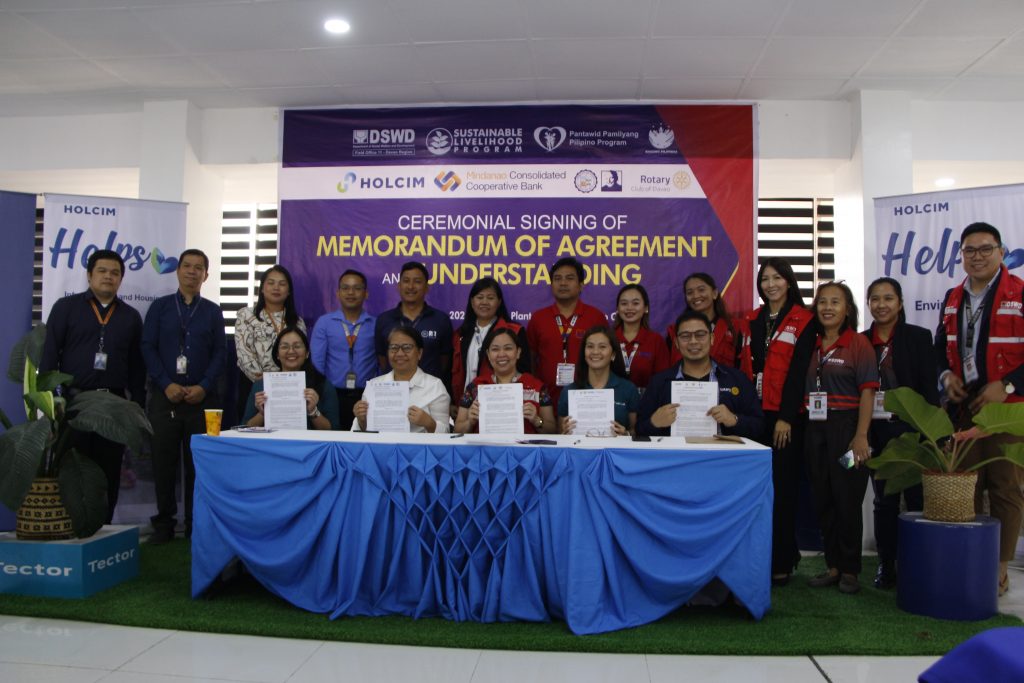
Through this unified approach, DSWD Field Office XI and its partners are not only building pathways toward sustainable livelihoods but also laying the foundation for communities to thrive and achieve economic self-sufficiency. This initiative signifies a renewed commitment to sustainable development and inclusive growth, with both public and private sectors working together to create lasting change in the lives of SLP beneficiaries.
####

